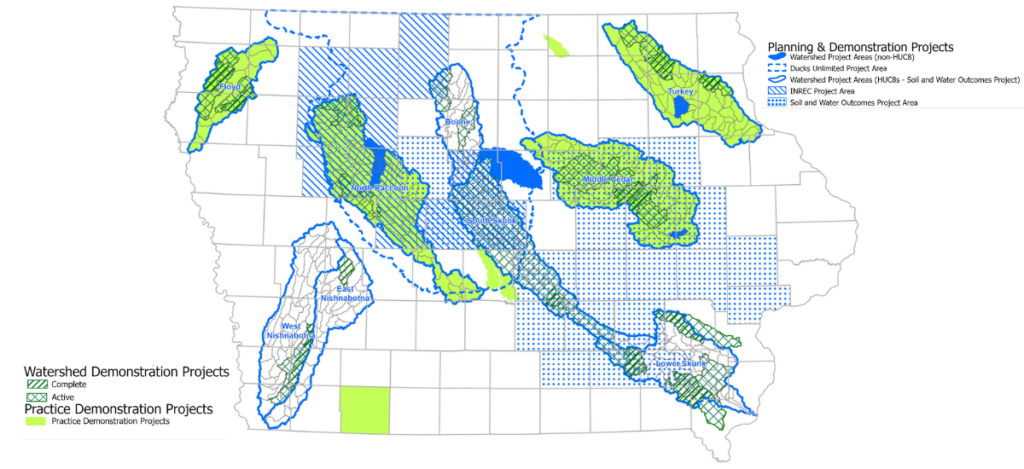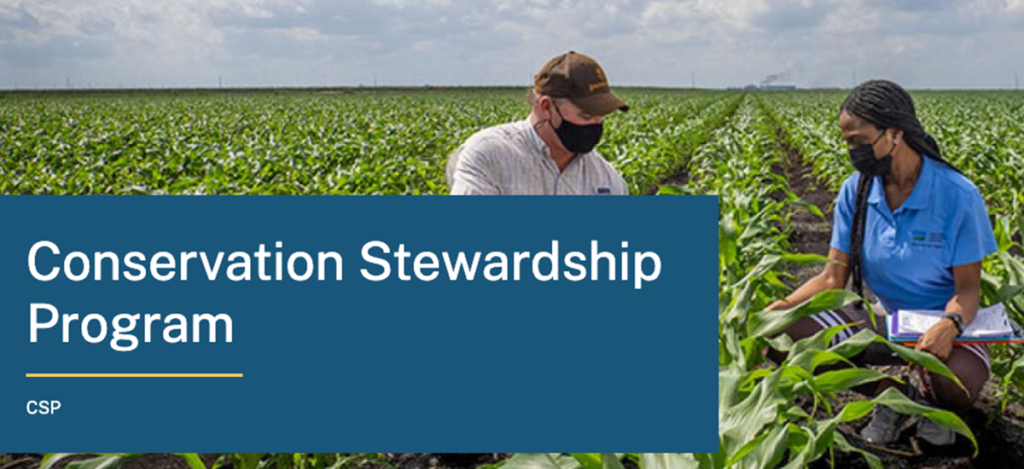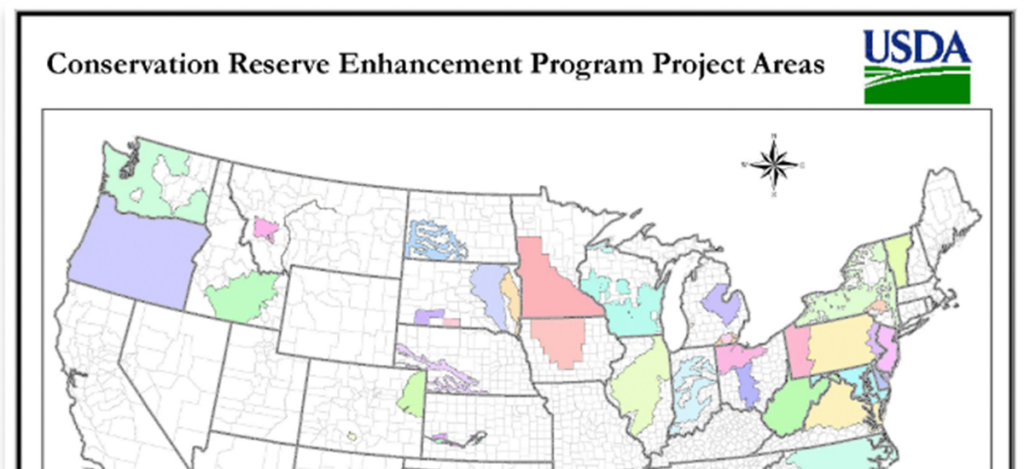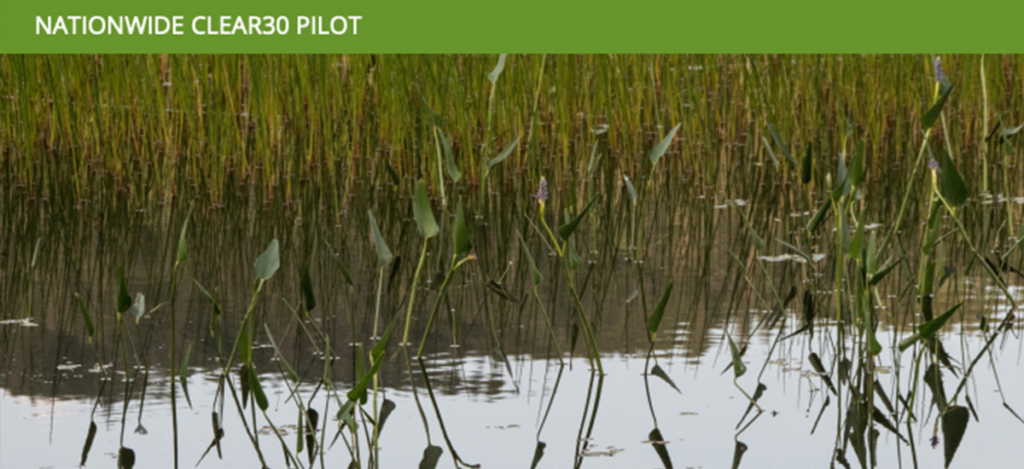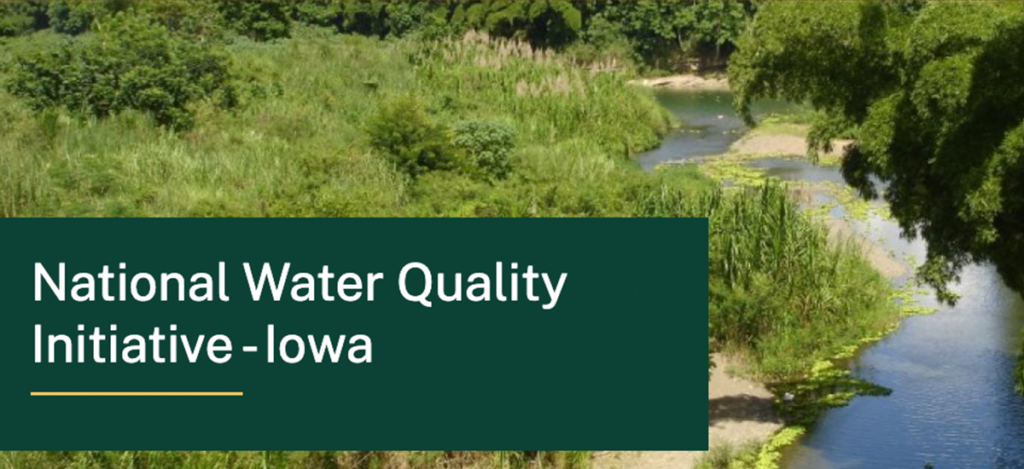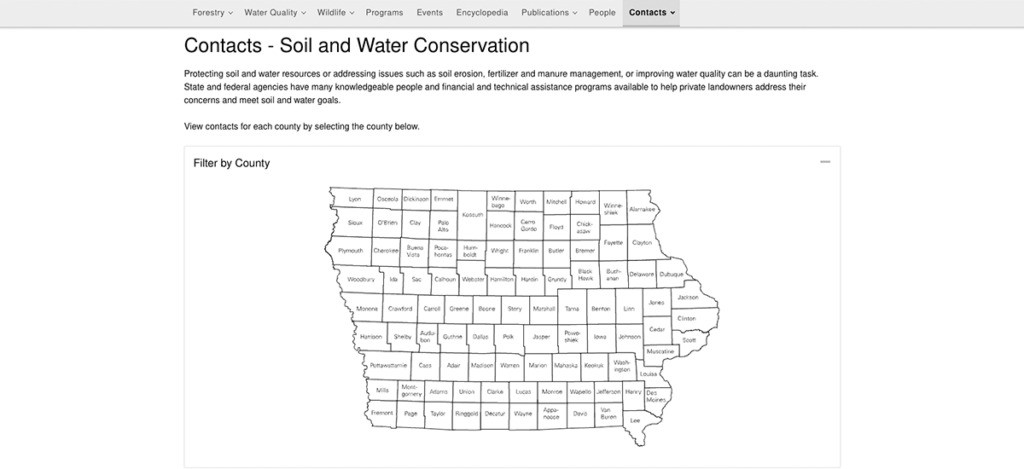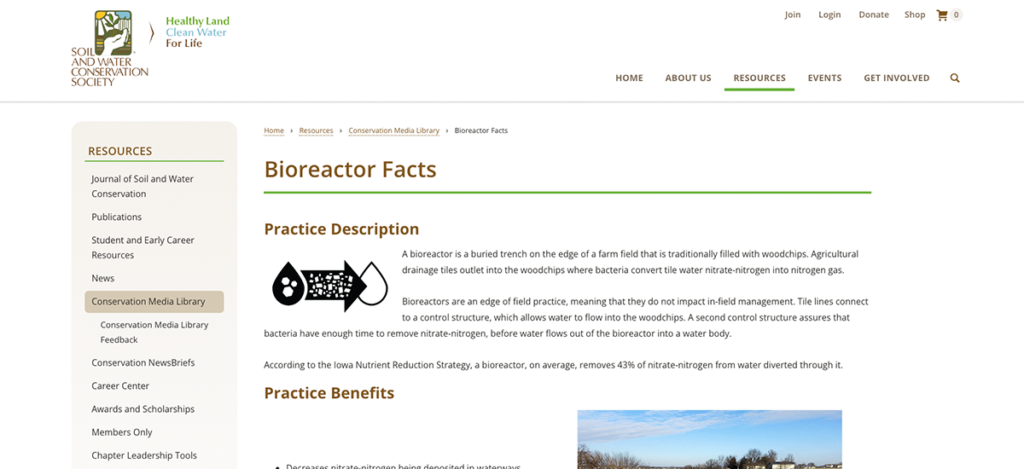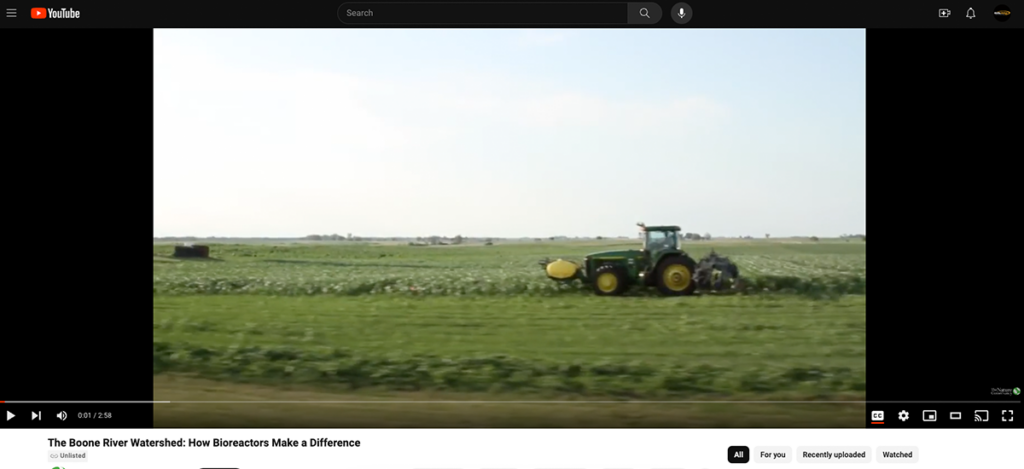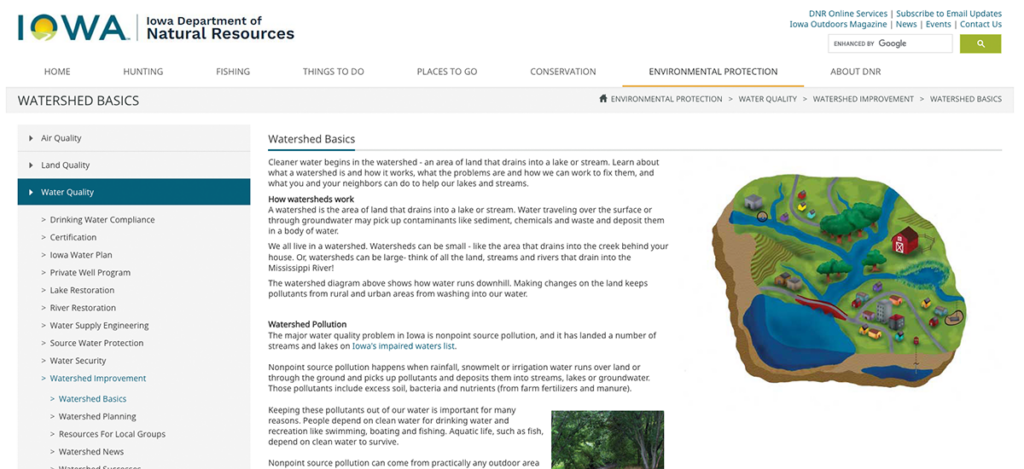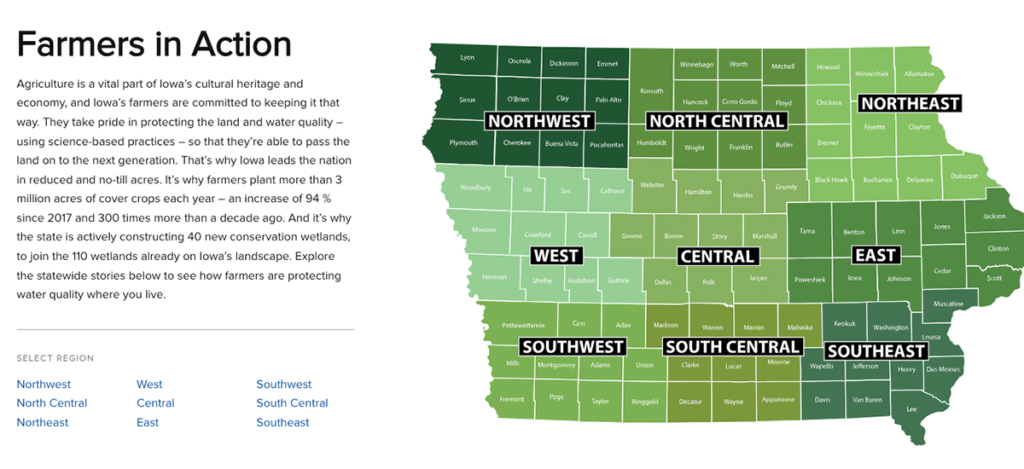Clean Water Iowa supports Iowans working together to improve and protect Iowa water quality. They do so, in part, by supporting over 20 rural demonstration watershed projects. The 14 current projects as well as the 7 practice projects set the stage for landowners to implement conservation practices.
- Landowners
- Whole State
- All Counties
- Rural
